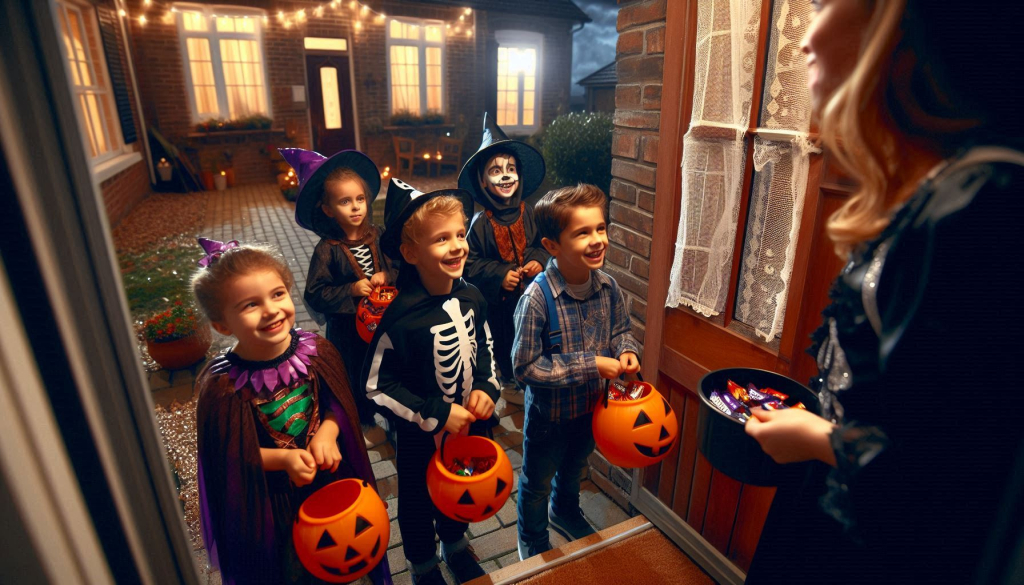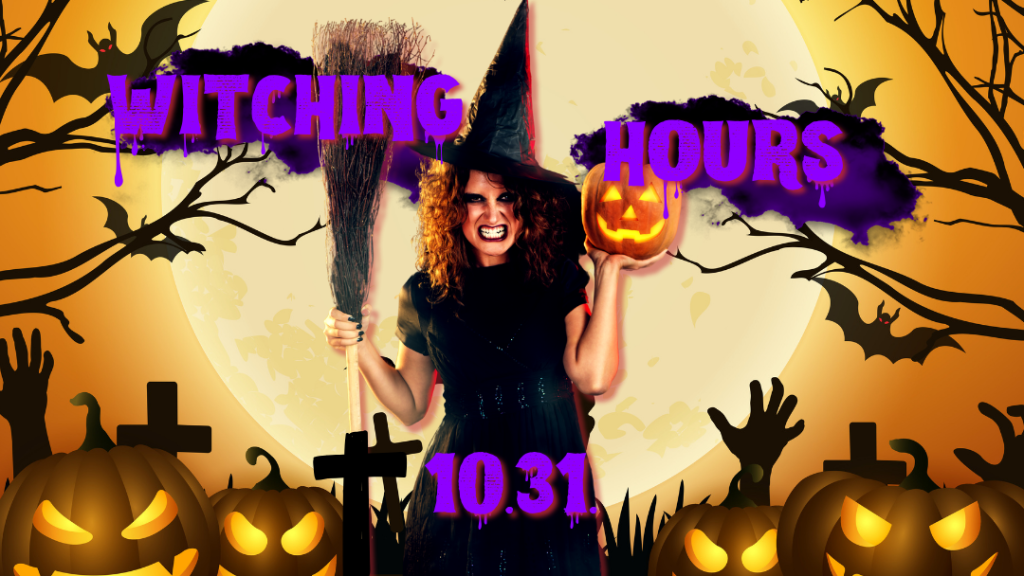Halloween in Europe
Halloween, the event celebrated worldwide on October 31, is gaining more and more popularity in Europe as well. Although originally an Anglo-Saxon holiday, it has become established in many countries across the continent in recent years, especially among children. However, Europe has not only adopted Halloween traditions, but many countries have adapted them to their own culture and history. Let’s take a look at how Halloween is celebrated in different parts of Europe and how this holiday intertwines with local traditions!
Origin of Halloween: celtic roots
Halloween originally comes from the Celtic Samhain celebration, which marked the beginning of the new year in the ancient Celtic calendar. This holiday symbolized the end of autumn and the start of winter, when the Celts believed that the spirits of the dead would return to the earth. With the spread of Christianity, this holiday was connected with All Saints' Day and All Souls' Day, held on November 1 and 2. Thus, the night before Halloween, October 31, became known as All Hallows' Eve, which eventually shortened to Halloween.
Celebrating Halloween in Europe
The celebration of Halloween across Europe has taken different forms, often blending local traditions with modern festivities.
Great Britain and Ireland
Since Halloween originated as a Celtic celebration, it has deep roots in Great Britain and Ireland. The British Isles have been celebrating Samhain for centuries, and many elements, such as the carved pumpkin (originally a turnip), trace back to old traditions. Today, Halloween in Britain and Ireland resembles celebrations in the United States: children dress up in costumes and go door-to-door, shouting "trick or treat" as they ask for candy.

France
In France, Halloween is a relatively new holiday that became popular in the 1990s. While initially seen by many as an American import, dressing up in costumes and collecting candy quickly became popular among children. More and more Halloween decorations and parties are appearing in French stores and streets, especially in major cities. However, All Saints' Day (Toussaint) remains a much more traditional and prominent celebration in France.
Germany
Halloween has received mixed reactions in Germany. While many people in large cities celebrate it, especially among younger generations, it receives less attention in rural areas. One reason for this is that Germans place great importance on All Saints' Day, a religious holiday on November 1 dedicated to remembering the dead. Nonetheless, costumes, carved pumpkins, and Halloween parties are becoming more widespread.
Spain
In Spain, Halloween has gained popularity in recent decades and is often intertwined with All Saints' Day on November 1 (Día de Todos los Santos). Traditionally, families visit cemeteries to remember the deceased, light candles, and place flowers on graves. However, as in Germany, more and more Halloween parties and costume contests are being held in large cities, especially among younger people.
Hungary and Eastern Europe
In Hungary and other Eastern European countries, celebrating Halloween is a relatively new phenomenon and is mainly popular among younger generations. Thanks to commerce and the internet, more Halloween costumes, carved pumpkins, and parties are appearing, but the traditional observance of All Saints' Day and All Souls' Day continues to dominate. On these days, families visit cemeteries to remember their loved ones and light candles.
Modern Halloween in Europe
Although Halloween is a relatively new celebration in many parts of Europe, it is becoming more popular due to global culture. Pumpkins, ghosts, and witches are now as much a part of Halloween in Europe as children dressing up in costumes and collecting candy. However, local traditions often blend with the holiday, making each country’s celebration unique.
Overall, Halloween in Europe is a mixed and exciting celebration that combines the old with the new. While we increasingly adopt Western traditions, Europe retains its own unique culture and customs, giving Halloween a new meaning.
Escape rooms on Halloween
In addition to the traditional costume programs for children, escape rooms are becoming an increasingly popular Halloween activity worldwide. Many escape rooms offer special, limited-time, scarier, and darker-themed games during Halloween. The experience is a mix of tension, mysteries, and adrenaline, which is particularly appealing to Halloween audiences. At several locations, actors are also involved to deepen the fear and create an even more eerie atmosphere for players.
Halloween night in Knowland
On October 31, 2024, we welcome you with extended opening hours and a 20% discount for bookings after 5:00 PM.
When booking, use the coupon code HALLOWEEN24!



